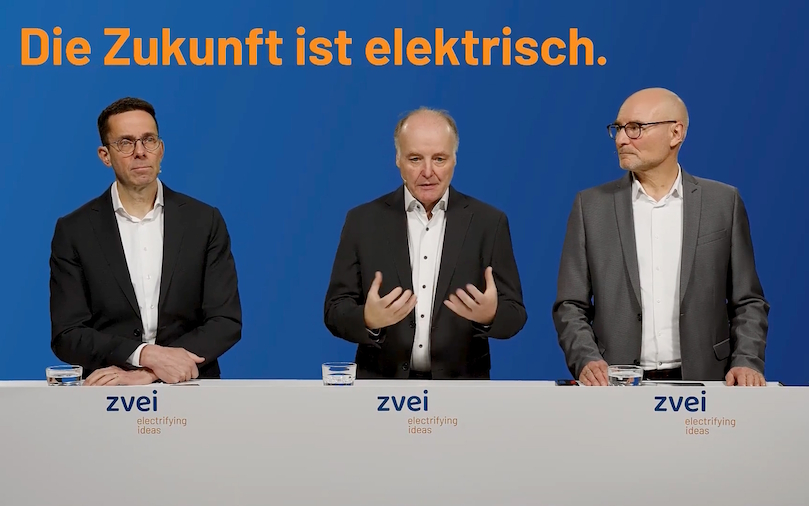Presse

02.02.2023
Direct current is our vision for a sustainable installation in the All-Electric-Society. Let's take off together in 2023! The ZVEI working party ODCA (Open Direct Current Alliance) was founded at the end of last year to represent the interests of the international electrical industry in the field of direct current technology. This includes building an international direct current ecosystem and establishing direct current technology for many applications in the manufacturing and process industries as well as adjacent markets by addressing, discussing and evaluating relevant technical, regulatory and economic aspects.
The electro and digital industry is in a key position to achieve climate policy goals. Direct current (DC) can make a significant contribution to the success of the energy transition but has so far been hardly discussed as an effective solution for increasing energy efficiency. To realise its enormous potential, knowledge of the technology and its benefits must be disseminated as widely as possible. We are now working together to achieve this.
The use of direct current has been shown to reduce energy consumption in existing factorys by up to ten percent. It can also reduce the amount of copper used in wiring by around half. These key points alone show that direct current offers significant advantages for a modern industrial power grid. Other advantages include the efficient integration of renewable energies, lower resource consumption, reduced infeed power, stable grids and an open system for users. Further efficiency gains can also be achieved by linking the particularly climate-relevant sectors of buildings and mobility. By using direct current technology, we are supporting society's goal of a resource-conserving and CO2-neutral world.
The ODCA, which currently brings together 38 partners from industry, academia and research, follows on seamlessly from the successful DC Industry 2 research project, which will be completed in spring 2023. ODCA's various working groups are now identifying, discussing and debating the relevant issues in order to ensure a successful transfer from theory to practice and to make DC technology solutions as applicable as possible, especially in an international environment.